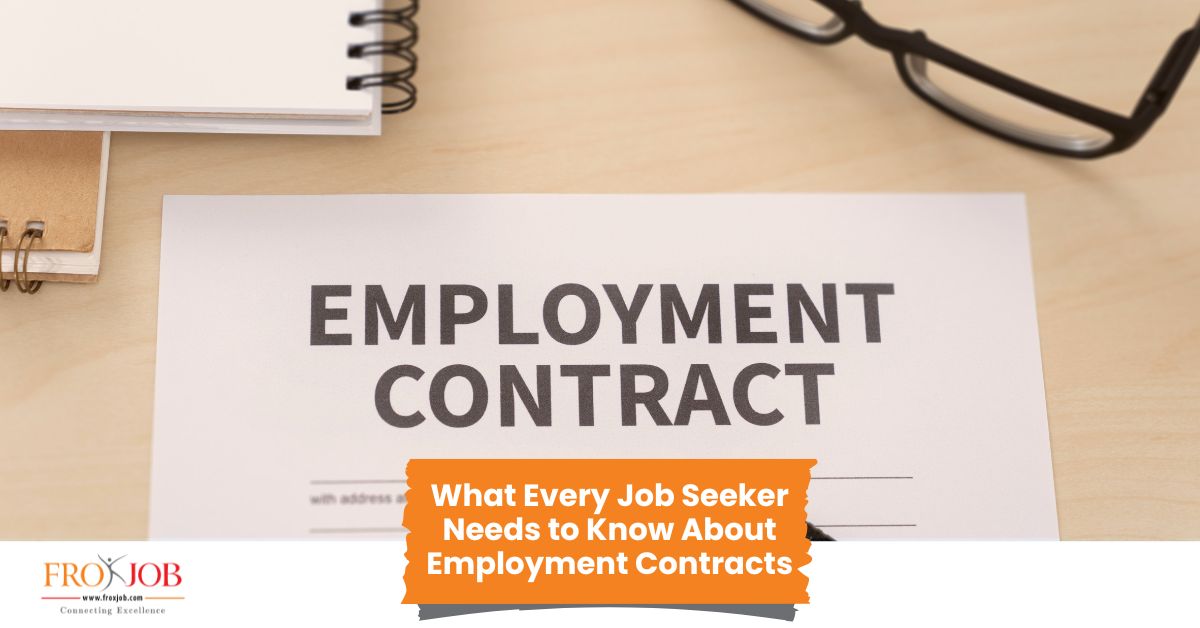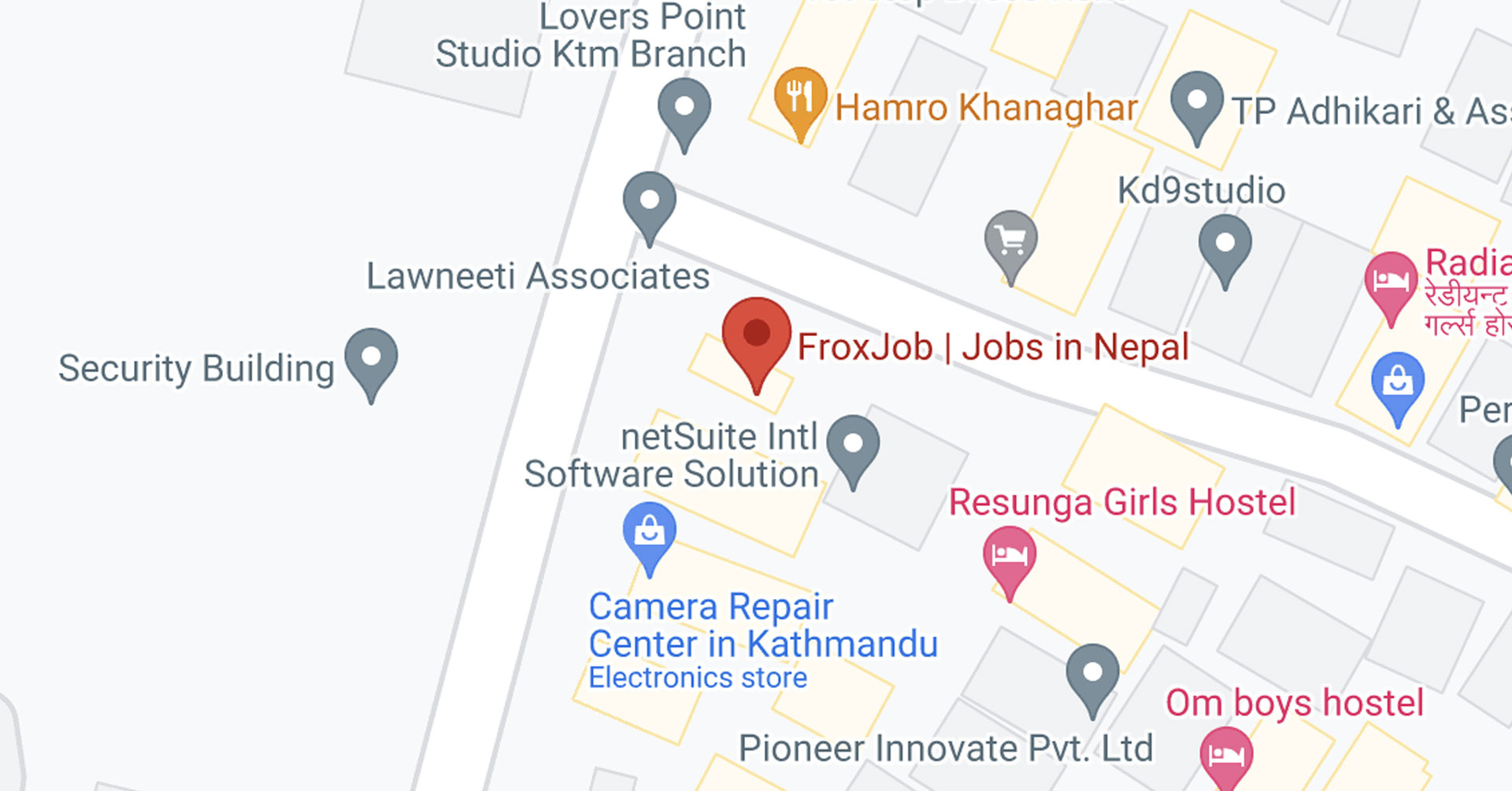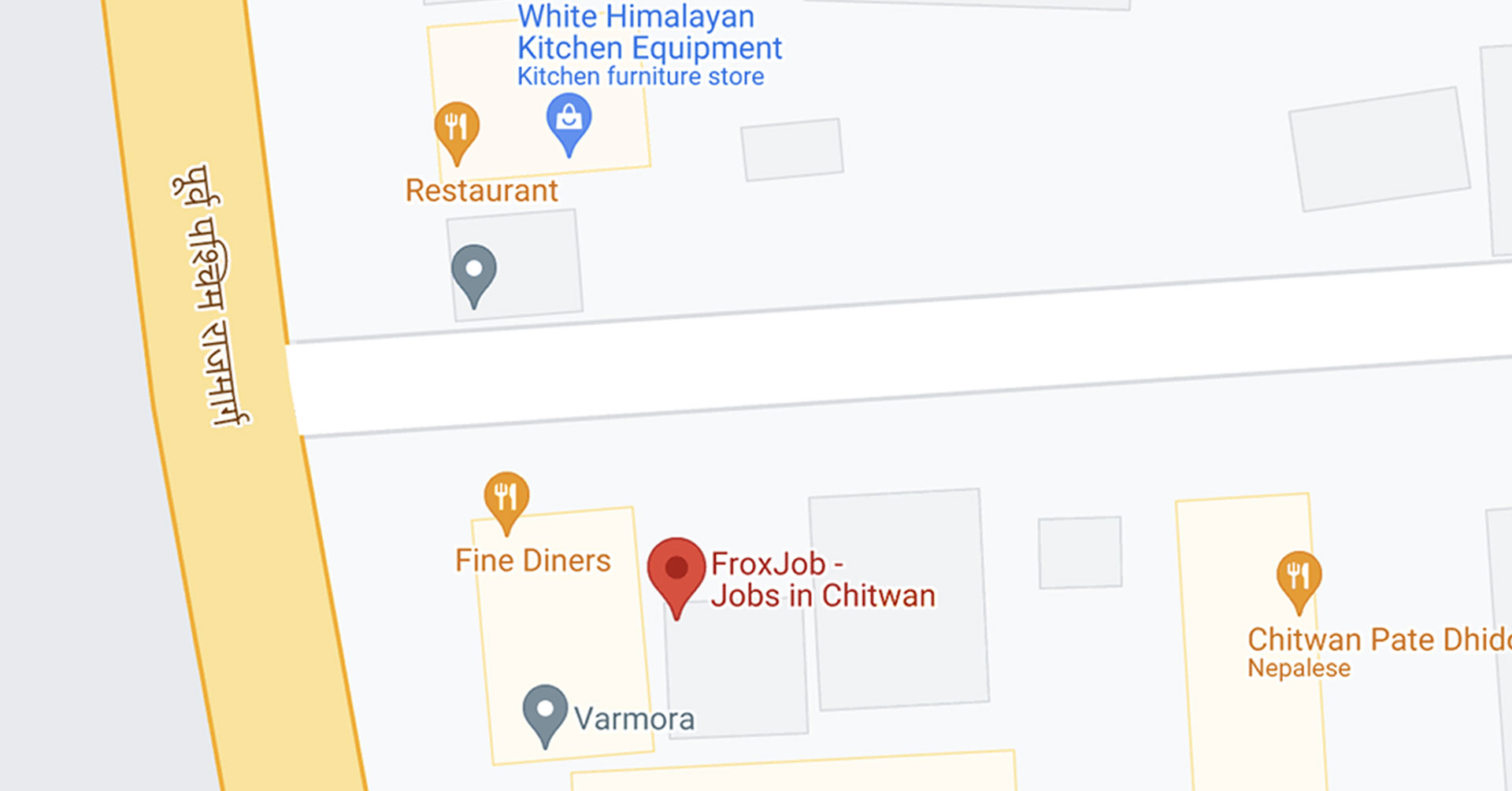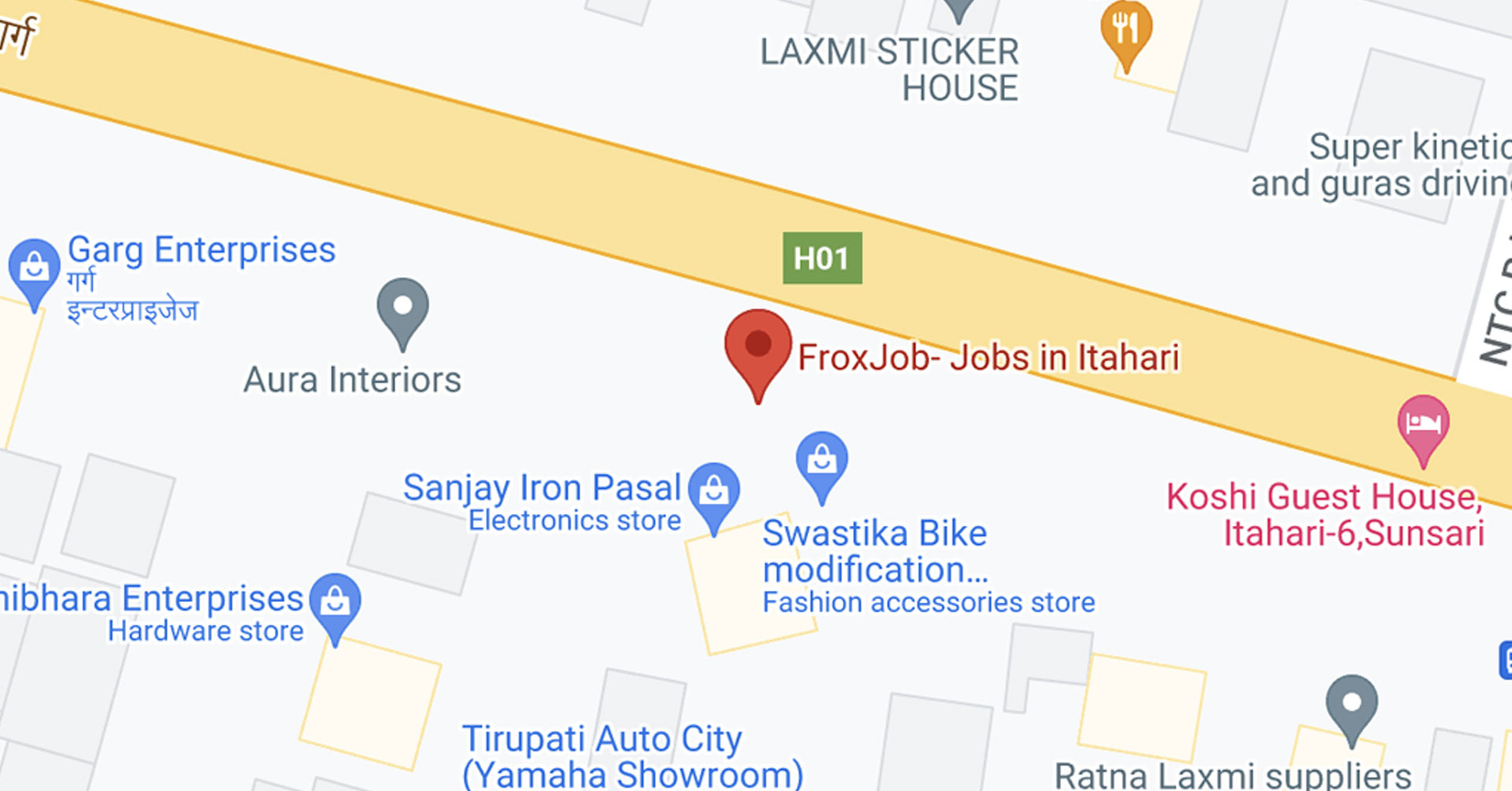What Every Job Seeker Needs to Know About Employment Contracts

What Every Job Seeker Needs to Know About Employment Contracts
Employment contracts serve as the foundation of the professional relationship between employers and employees. Understanding these legal documents can make the difference between a successful career move and potential workplace disputes. We have compiled this comprehensive guide to help job seekers navigate the complexities of employment agreements and make informed decisions about their career prospects.
Understanding the Fundamentals of Employment Contracts
An employment contract represents a legally binding agreement that outlines the terms and conditions of employment between an employer and employee. These documents establish the rights, responsibilities, and expectations for both parties throughout the duration of the employment relationship. Employment contracts protect both employers and employees by clearly defining the scope of work, compensation, benefits, and termination procedures.
The significance of thoroughly reviewing and understanding your employment contract cannot be overstated. Many job seekers make the mistake of signing these documents without careful consideration, potentially agreeing to terms that may limit their career growth or financial prospects. We recommend dedicating sufficient time to analyze every clause and seeking professional advice when necessary.
Types of Employment Contracts You May Encounter
Permanent Employment Contracts
Permanent employment contracts represent the most common type of employment agreement, offering job security and comprehensive benefits. These contracts typically include provisions for salary, health insurance, retirement benefits, and paid time off. Permanent positions usually provide greater stability and opportunities for career advancement within the organization.
Fixed-Term Contracts
Fixed-term contracts specify a predetermined end date for the employment relationship. These agreements are commonly used for project-based work, seasonal employment, or temporary coverage for absent employees. While fixed-term contracts may offer less security than permanent positions, they can provide valuable experience and networking opportunities.
Part-Time and Flexible Arrangements
Part-time employment contracts outline working arrangements for employees who work fewer hours than full-time staff. These agreements may include prorated benefits and flexible scheduling options. Understanding the specific terms of part-time arrangements is crucial for maintaining work-life balance while meeting professional obligations.
Critical Contract Clauses Every Job Seeker Must Review
Compensation and Benefits Structure
The compensation package outlined in your employment contract extends far beyond the base salary. We recommend carefully examining all components of your total compensation, including bonuses, stock options, health insurance, retirement contributions, and other fringe benefits. Understanding how performance evaluations affect compensation increases is equally important for long-term financial planning.
Salary negotiation opportunities may be limited once you sign the contract, making the initial review process crucial. Research industry standards and comparable positions to ensure the offered compensation aligns with market rates and your experience level.
Job Responsibilities and Performance Expectations
Job descriptions within employment contracts should clearly outline your primary responsibilities, reporting structure, and performance metrics. Vague or overly broad job descriptions can lead to scope creep, where employers gradually add responsibilities without corresponding compensation adjustments. We advise seeking clarification on any ambiguous language before signing.
Understanding the performance evaluation process helps you prepare for career advancement and salary discussions. Some contracts specify evaluation timelines, promotion criteria, and professional development opportunities that can significantly impact your career trajectory.
Confidentiality and Non-Disclosure Agreements
Confidentiality clauses protect proprietary company information and trade secrets. These provisions typically survive the termination of employment and can have long-lasting implications for your career. We recommend understanding exactly what information is considered confidential and the potential consequences of inadvertent disclosure.
Non-disclosure agreements (NDAs) may limit your ability to discuss certain aspects of your work experience with future employers or industry contacts. Carefully consider how these restrictions might affect your professional networking and career advancement opportunities.
Termination Terms and Severance Provisions
At-Will Employment vs. Contract Protection
Understanding whether your employment is "at-will" or provides specific termination protections is important for job security planning. At-will employment allows either party to terminate the relationship at any time, with or without cause. Contracts with specific termination procedures may offer greater protection but could also include circumstances that trigger immediate dismissal.
Severance Package Considerations
Severance packages vary significantly between employers and position levels. These arrangements typically include continuation of salary and benefits for a specified period following termination. We recommend understanding the circumstances that trigger severance payments and any conditions that might void these benefits.
Notice periods for resignation or termination should be clearly specified in your employment contract. Some positions require extended notice periods, which can affect your ability to transition to new opportunities quickly.
Benefits and Perquisites Analysis
Health Insurance and Medical Benefits
Health insurance coverage represents a significant component of your total compensation package. Carefully review the coverage options, premium sharing arrangements, deductible amounts, and network restrictions. Understanding your healthcare benefits helps you make informed decisions about medical care and budget planning.
Life insurance, and disability coverage may also be included in your benefits package. These additional protections can provide valuable financial security for you and your family.
Contract Negotiation Strategies and Best Practices
Preparation and Research Techniques
Salary benchmarking using industry resources and professional networks provides valuable leverage during contract negotiations. Research comparable positions, industry standards, and company-specific compensation data to support your negotiation position.
Professional references and performance documentation from previous roles can strengthen your negotiating position and demonstrate your value to potential employers.
Effective Negotiation Approaches
Collaborative negotiation strategies often yield better results than adversarial approaches. Focus on creating mutually beneficial arrangements that address both your needs and the employer's requirements.
Alternative compensation arrangements such as flexible working arrangements, additional vacation time, or professional development opportunities can provide value when salary increases are not possible.
Legal Resources and Professional Assistance
Conclusion
Understanding employment contracts requires careful attention to detail and thorough analysis of all provisions. The time invested in reviewing and negotiating these agreements can have lasting impacts on your career trajectory, financial security, and professional satisfaction. We encourage all job seekers to approach employment contracts as important business documents that deserve comprehensive evaluation and, when necessary, professional guidance.





